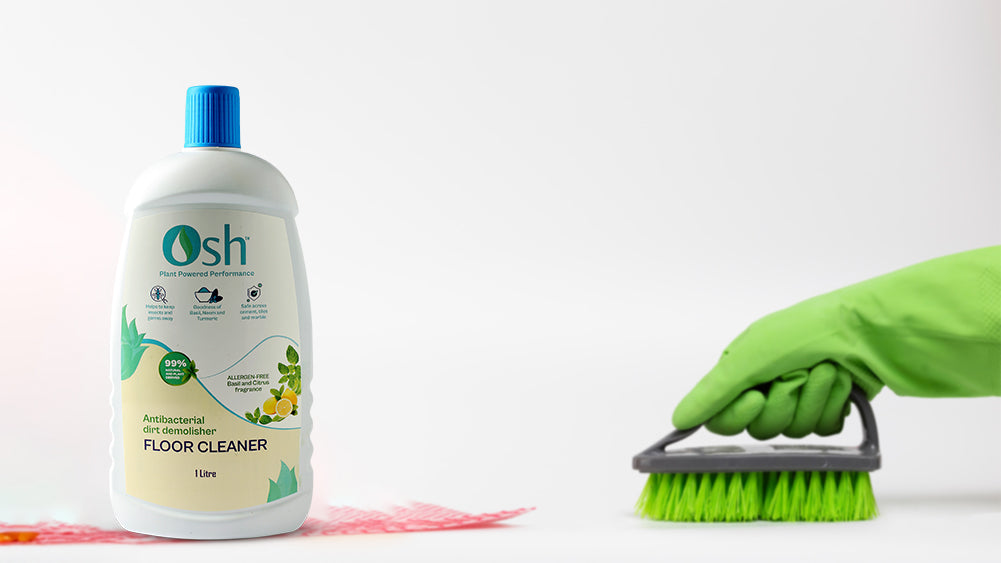Maintaining a clean home that prioritizes hygiene means focusing on your home cleaning every single day. It ensures a hygienic environment, free from germs and bacteria and other nasties, for instance. Regular cleaning using home cleaners creates a safe and healthy space for everyone who lives in your home - including your pets!
This habit creates an atmosphere of comfort and well-being and makes the home a pleasant and inviting place, for example. Especially if you are using plant-based products. Beyond looking good, daily cleaning can help eliminate several potential health hazards. It sets a routine that not only removes dirt but also helps create an organized and orderly living space, for instance. Setting the habit of daily cleaning is a basic step towards creating a wholesome and welcoming home environment.
While maintaining a clean home is a daily ritual, how often do we think about the impact of the cleaning products we use? So, let's look into the variety of cleaners we use, the drawbacks of traditional chemical-based cleaners, and the benefits of opting for plant-based cleaning products.
What are the Cleaners We Use?
Our homes have cleaning needs, from surfaces to floors and dishes. Each cleaning task needs a specific product, creating a wide variety cleaner in our households. Surface cleaners, dishwashing liquids, floor cleaners, and bathroom cleaners, for instance – the list goes on.
On average, an Indian household uses approximately 10 different cleaning products. As per an IMARC study the India household cleaners market size reached US$ 7,537 Million in 2022. This massive usage makes it all the more important for us to take a closer look at the ingredients and impact of these products.
What Are Chemical-Based Cleaners?
Traditional cleaners often feature a mix of harsh chemicals like phosphates, chlorine, and synthetic fragrances. While effective in cleaning, these chemicals may pose potential risks to our health and the environment, for instance.
Some common chemicals include ammonia, bleach, and phosphates. Ammonia is good at cutting through grease, bleach kills germs, and phosphates help break down stains.
However, these chemicals have downsides. They can be harmful to both humans and the environment, for instance. Ammonia can irritate our eyes and lungs, while bleach fumes may cause respiratory issues. When phosphates get into water, they lead to nutrient pollution, harming aquatic life.
So, it's not just about cleaning. The risks associated with traditional cleaning products go beyond just cleaning. The chemicals in these products are known to cause respiratory issues, skin irritations, and contribute to water pollution, adversely affecting aquatic life. Additionally, the plastic packaging used for these products further adds to the global plastic pollution problems.
Plant-Based Alternatives:
Plant-based cleaners are a safer choice for home cleaners. They use the power of natural ingredients, for instance. So, plant-based cleaning products don't have any of the harmful effects associated with chemical home cleaners. Plant based products often have ingredients derived from plants. They include citrus extracts, tea tree oil, and aloe vera for example. Such ingredients not only clean effectively but also bring other benefits.
Ingredients in Plant-Based Cleaners:
- Citrus Extracts: They are known for their antibacterial properties and refreshing scent. So citrus extracts are commonly used in surface and dish cleaners in the world of plant-based cleaning products.
- Tea Tree Oil: It has natural antifungal and antibacterial properties. So, it is a key ingredient in plant-based products like bathroom cleaners.
- Aloe Vera: Known for its soothing properties. So, aloe vera is often used in hand washes and gentle cleaning solutions.
- Inulin: Derived from chicory, it is used as a water softener.
Ingredient Check:
Look for plant-based cleaners with biodegradable, plant-derived ingredients. This means they will have less environmental impact. At Osh, all our home cleaners are made with 99% natural and plant-derived ingredients and are completely free of harmful chemicals. Other factors you can look at are:
- Eco-Friendly Packaging: Opt for products with less plastic or environmentally friendly packaging. At Osh we are plastic negative - this means we recycle twice the plastic we use.
- Certifications: Look for cruelty-free and vegan certifications, ensuring ethical practices.
- Local and Sustainable: Support locally produced cleaners to reduce carbon footprint and promote sustainability.
- Detergent Type: Consider the form – liquid, powder, or pods – based on personal preference and machine compatibility.
Additional Benefits of Plant-Based Cleaners:
- Healthier Indoor Air Quality: Plant-based cleaners are often free from volatile organic compounds (VOCs) found in many chemical cleaners. This leads to improved indoor air quality, reducing the risk of respiratory issues.
- Gentler on Skin: The absence of harsh chemicals makes plant-based cleaners gentler on the skin. This is particularly beneficial for individuals with sensitivities or allergies.
- Sustainable Production Practices: Many plant-based cleaning brands prioritize sustainable sourcing and production practices, contributing to an eco-friendlier manufacturing process.
Educating Others:
Becoming an advocate for conscious cleaning involves sharing knowledge with friends and family. Educate others about the benefits of plant-based cleaners, encouraging a collective shift towards more sustainable choices.
By making a conscious shift towards plant-based cleaners, not only do we ensure effective cleaning practices, but we also contribute to mitigating the environmental and health risks associated with conventional chemical cleaners. Let your choice of cleaning products echo your commitment to a cleaner, safer, and more sustainable future, one plant-based cleaner at a time. As consumers, we hold the power to shape the market and demand products that align with our values of health and environmental consciousness.

